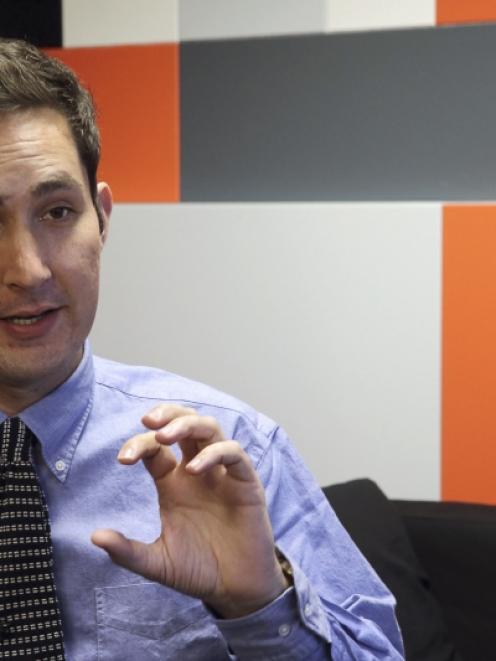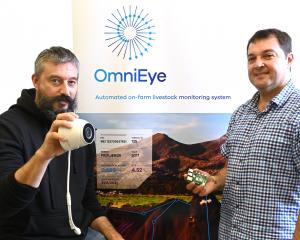
The popular online photography app caused controversy after publishing new rules widely interpreted as a plan to begin selling users' photos to third parties, royalty free.
Co-founder Kevin Systrom clarified the company's intentions today and said there are no plans to sell user-generated content or any plans to allow photos to be used in adverts.
"To be clear: it is not our intention to sell your photos. We are working on updated language in the terms to make sure this is clear," he wrote on the Instagram blog.
Instagram suggested its real aim in updating the user terms was to allow individual users and companies to pay to promote their content, in the same way that's currently allowed on Facebook and Twitter.
Publicly-listed Facebook bought Instagram earlier this year and is looking at ways to help bolster the photo app's revenue.
"We envision a future where both users and brands alike may promote their photos & accounts to increase engagement and to build a more meaningful following," Mr Systrom added.
Dave Holmes, who runs the popular @Australia Instagram account, said Mr Systrom's response should calm fears among users, many of whom had vowed to close their accounts.
"I don't think it will turn out to be as bad as people think," he told AAP.
"For me personally, I am just happy to be attributed if/when any of my shots get used."
Sydney-based Instagram user Karen Parkinson said she didn't care - even if the company did use her pictures.
"It doesn't bother me at all," she said.
"The fuss will die down in a couple of days."
University of Melbourne social media expert Dr Lauren Rosewarne suggested the backlash would also be shortlived.
"Like most things like this, I suggest that the market will sort itself out," she said.












